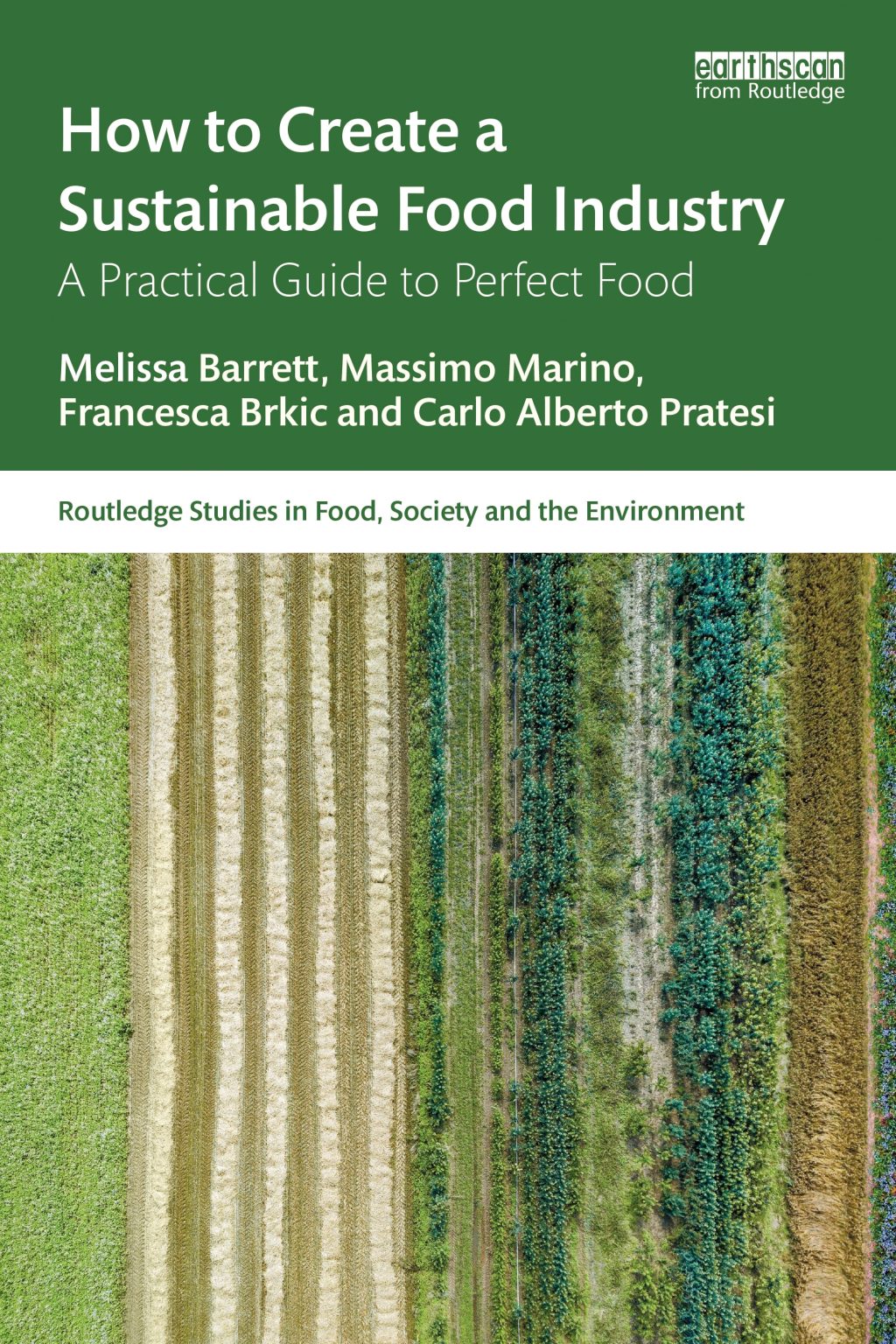…New dss+ book urges the food industry to transform and rebuild for a sustainable future…
Dubai, UAE -– Today, dss+ announced the publication of a new book, ‘How To Create A Sustainable Food Industry – A Practical Guide to Perfect Food’. Written by food industry and academic experts, the book published by Routledge, explores new opportunities to transform and improve the food value chain. In the new dss+ book, sustainable operations experts explore the choices and decisions that will protect and transform the global food system. They demystify a range of food topics and use case studies to provide guidance on how to analyse sustainability and make the right strategic choices to effectively drive human-centred transformation, both within organisations and across value chains.
According to data from the Food and Agriculture Organization of the United Nations, the food industry accounts for 31% of greenhouse gas (GHG) emissions, 70% of global freshwater use, 38% of land use and 80% of bio-diversity loss.
Commenting on the purpose for the new book, Melissa Barrett, global managing director, Corporate Impact & Practices at dss+ said, “Myself and the co-authors wanted to create a practical guide to help businesses navigate the complex topics of sustainability in the food industry. To achieve this, we have harnessed a depth of experience, data and tools to help uncover the facts, simplify decision-making and guide actions that support the sustainable transformation and protection of food systems.”
The demand for essential nutritious food is growing, with the global population set to reach 10 billion by 2050. According to the United Nations Environment Programme (UNEP), the demand for food is forecast to increase by 60% by 2050.
The authors maintain that a growing global population and higher demand for food and resources pose a unique challenge for the food and agriculture industry. In order to meet higher-production demand and steward a significant proportion of the world’s natural resources, the industry and society must transform radically as the world transitions to a sustainable economy. The requirement for transformation extends broadly across consumer demand, business operations and production, supply chains and labour dynamics.
In introducing the book, Juan Aguiriano, group head of sustainability and technology ventures at Kerry Group asks, “How do we design a food system that is able to feed 10 billion people with tasty and healthy nutritious food choices every day, that is culturally acceptable and fair to people, that is not contributing to non-communicable diseases for billions of people, that is not wasting 30% of the food produced, that is not depleting 70% of the water available and that is able to regenerate soils and bio-diversity while limiting global warming to below 1.5°? Transforming food systems and coupling expertise with the human ingenuity and leaders who will make the right decisions, as advised in this book, is a winning combination.”




